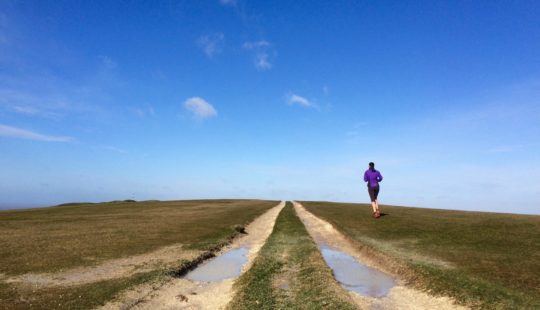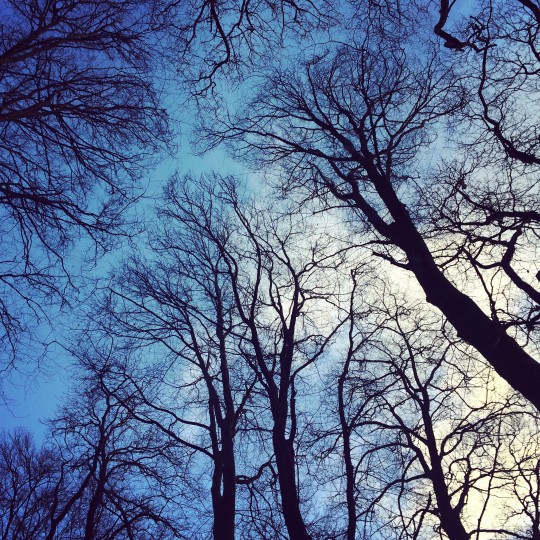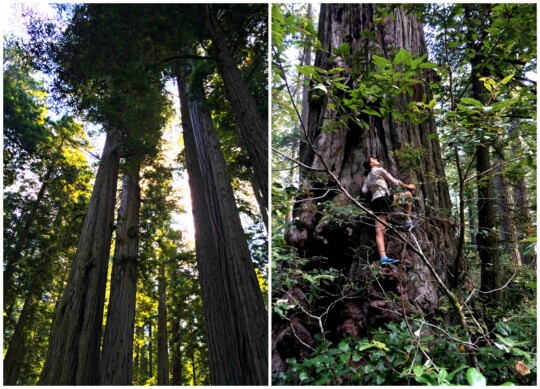I don’t know why I’m always reluctant to pick up non-fiction. When I finally do I inevitably devour it. Feral was no exception. I uncovered this book from one of the many must-read piles and was quickly captivated by Monbiot’s call to ‘rewild’ our natural spaces.
I imagined the possibility of wolves, lynx and elks amongst our wilder corners of the land, felt frustration over the choices of the land-owning few, and surprise at the picture of a country stripped bare by grazing animals. Given that the grazing problem is mainly of the woolly variety I felt torn over my love for this fibre.
Monbiot describes many of our wild open spaces as ecological monocultures, often actively maintained as such due to popular belief that this is how these hills should look. Certainly my dad holds with this perspective; as a geologist he prefers the beauty of bare rock to the rich biodiversity of a forest. We’ve had much heated discussion on the matter. I doubt either of us will be swayed from our view.
After the sobering experience of reading This Changes Everything, I was buoyed up by Monbiot’s cautious optimism and practical possibilities for reconnecting with the natural world around us. Whatever your own aesthetic preferences, there’s no doubt we need to view ourselves less as custodians, more as respectful observers, or polite guests of the world around us.








